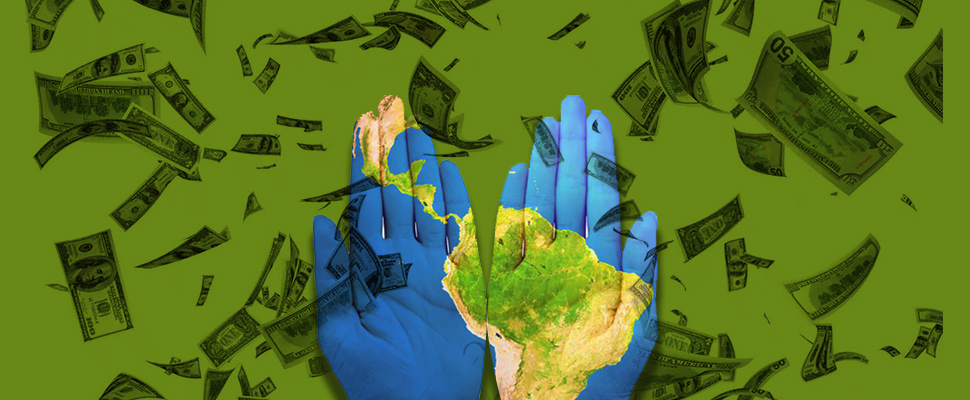RIO DE JANEIRO, BRAZIL – The Economic Commission for Latin America and the Caribbean (ECLAC) has slightly improved the region’s growth outlook for 2021 to 4.1%, an average higher than the 3.7% projected by the organization last December.
This was announced on Thursday by ECLAC’s executive secretary, Alicia Bárcena, who, however, pointed out that the improvement is not enough to neutralize the drop suffered in the region due to the pandemic and return to pre-covid-19 levels.

“The region contracted 7.1 % in 2020, it is going to grow 4.1 % this year, we estimate, but it will not be enough to recover the pre-pandemic activity level,” said Bárcena at the beginning of a virtual event in which she presented the latest issue of the ECLAC Magazine.
ECLAC sources said that the organization would officially announce its new economic projections in the coming weeks.
The international official also expressed that the current situation is one of great uncertainty due to the “unequal access to vaccines” and “their effectiveness, which is also not guaranteed.”
“The recovery could be asymmetric, divergent, and will generate more gaps between the center and the periphery, we believe,” she said.
This situation is described by Bárcena and ECLAC’s Deputy Executive Secretary, Mario Cimoli, in a joint article published in the organization’s journal.
In the document, both authors explain why the region has been the most affected by the pandemic and the most damaged economic and social terms.
Bárcena and Cimoli explain that the pandemic is emerging in the region in the context of three structural crises: a social crisis reflected in the high levels of inequality; an economic crisis reflected in the low growth and technological lag of the region compared to advanced countries and (increasingly) to some Asian economies; and an environmental crisis reflected in the loss of biodiversity, forests and water, and in the trend of increasing greenhouse gas emissions.
“These three crises and the policies needed to overcome them interact with each other. Changing the region’s development style requires coordinated action on all three,” they point out.
ECLAC has described the strategy for closing these three gaps (economic, social, and environmental) as a transformative recovery for sustainable development, i.e., a strategy that combines economic recovery with overcoming the current development style.
Source: Efe

